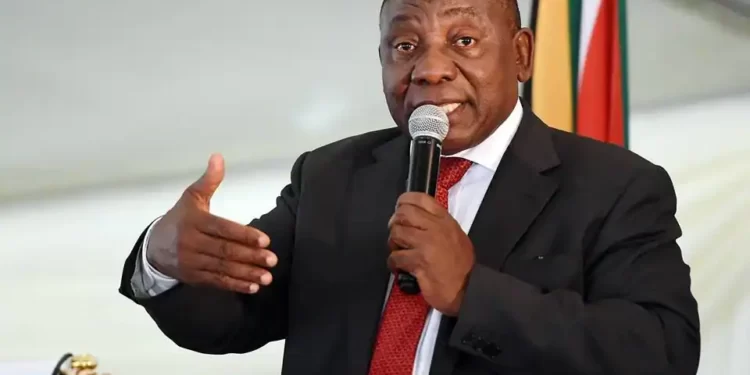South Africa’s President Cyril Ramaphosa has strongly condemned any form of anti-foreigner sentiments within his country, which often result in violence and harm to foreign nationals.
In his weekly letter addressing the issues leading to the formation of the Border Management Agency, President Ramaphosa acknowledged that South Africa’s border and immigration matters have historical and contemporary dimensions.
He highlighted recent incidents of anti-foreigner sentiment resulting in violence and harassment and emphasized the importance of unequivocally condemning all acts of violence against foreign nationals, irrespective of their immigration status. He called for collective efforts to prevent such acts.
President Ramaphosa underscored the warm and fraternal relations between Zimbabwe and South Africa, noting that he and President Mnangagwa recently met in Beitbridge to discuss various matters.
He acknowledged that South Africa, as the region’s economic powerhouse, attracts interest from many, but this should not lead to friction.
President Ramaphosa also mentioned the colonial origins of the borders that separate African countries, created during the Berlin Conference in 1884-85, which divided kin and kin.
Regarding South Africa’s own actions, he pointed out that the apartheid regime was responsible for breaching the borders of neighboring countries, leading to insecurity.
The apartheid regime abused immigration measures to target its opponents and implemented policies such as influx control and labor exploitation from the region.
After the democratic government came to power in 1994, it became a priority to reform the border management and migration regime to align with the values of the new state, with the aim of promoting economic growth and development.
Six countries share borders with South Africa: Zimbabwe, Botswana, Namibia, Lesotho, eSwatini, and Mozambique. South Africa is the largest economy in the region.
Source Bulawayo24










